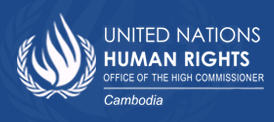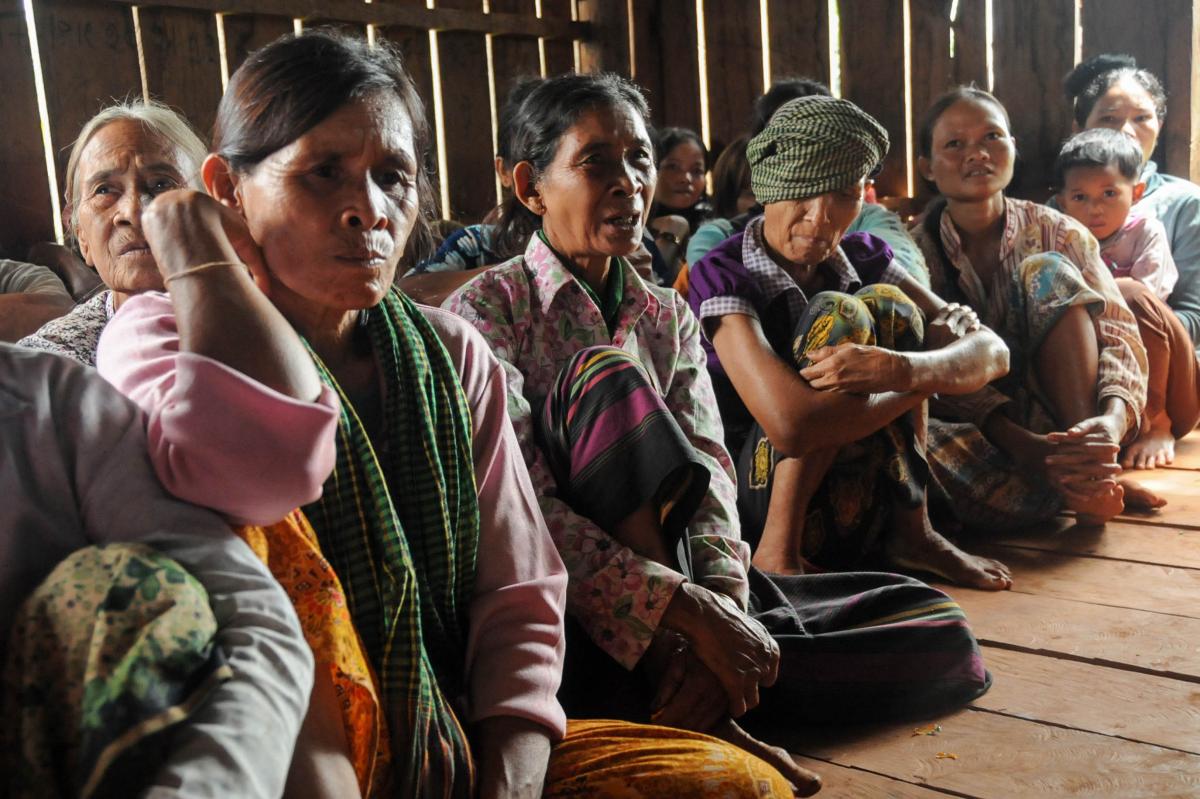
 A major obstacle to the realization of the right to adequate housing is the specific vulnerabilities to violations that arise among different groups of women, who, due to a combination of factors face different risks in accessing adequate housing, or higher risk of becoming homeless or suffering from the consequences of inadequate housing and living conditions. Such groups include victims of domestic violence, widowed, divorced or separated women, women-headed households, women victims of forced evictions, indigenous and tribal women, women with disabilities, migrant women workers, domestic women workers, women living with HIV/AIDS, women in prison, sex workers, and lesbian and transgender women. Highlighting the violations of adequate housing experienced by different groups of vulnerable women brings to the forefront the impacts of multiple discrimination women face in relation to adequate housing, due to their gender, race, ethnicity, age and other factors, but in many cases, also due to their relative impoverishment and lack of access to social and economic resources.
A major obstacle to the realization of the right to adequate housing is the specific vulnerabilities to violations that arise among different groups of women, who, due to a combination of factors face different risks in accessing adequate housing, or higher risk of becoming homeless or suffering from the consequences of inadequate housing and living conditions. Such groups include victims of domestic violence, widowed, divorced or separated women, women-headed households, women victims of forced evictions, indigenous and tribal women, women with disabilities, migrant women workers, domestic women workers, women living with HIV/AIDS, women in prison, sex workers, and lesbian and transgender women. Highlighting the violations of adequate housing experienced by different groups of vulnerable women brings to the forefront the impacts of multiple discrimination women face in relation to adequate housing, due to their gender, race, ethnicity, age and other factors, but in many cases, also due to their relative impoverishment and lack of access to social and economic resources.
Article 11 of the International Covenant on Economic, Social and Cultural Rights requires States parties to recognize the right of everyone to an adequate standard of living for him/herself and his/her family, including adequate housing (para. 1) and adequate food (para. 2). Implementing article 3, in relation to article 11, paragraph 1, requires that women have a right to own, use or otherwise control housing, land and property on an equal basis with men, and to access necessary resources to do so.
The Commission on Human Rights (CHR), by its resolution 2002/49 on women's equal ownership of, access to and control over land and equal rights to own property and to adequate housing, entrusted the Special Rapporteur on adequate housing with the additional task of preparing a study on women and adequate housing.
Women’s right to land is explicitly referred to in the Convention on the Elimination of All forms of Discrimination Against Women (CEDAW) - Articles 14.2(h) and 16.1(h):
Article 14.2 (h): “States parties shall undertake all appropriate measures to eliminate discrimination against women in rural areas…and, in particular, shall ensure to such women the right…to enjoy adequate living conditions, particularly in relation to housing, sanitation, electricity and water supply, transport and communications.”
Article 16.1 (h): “States parties shall undertake all appropriate measures to eliminate discrimination against women in all matters relating to marriage and family relations and in particular ensure, on a basis of equality of men and women…the same rights for both spouses in respect of the ownership, management, administration, enjoyment and disposition of property, whether free of charge or for a valuable consideration.”
Governing land for women and men: A technical guide to support the achievement of responsible gender-equitable governance of land tenure focuses on equity and on how land tenure can be governed in ways that address the different needs and priorities of women and men. It provides advice on mechanisms, strategies and actions that can be adopted to improve gender equity in the processes, institutions and activities of land tenure governance. Download the guide in English | Khmer.
Other articulations of the right to adequate housing are contained in here.
See the links between women’s economic, social and cultural rights and violations of land and housing rights in Cambodia here.
Read our new publication on women's rights to land.
Read the Land Law of Cambodia here.